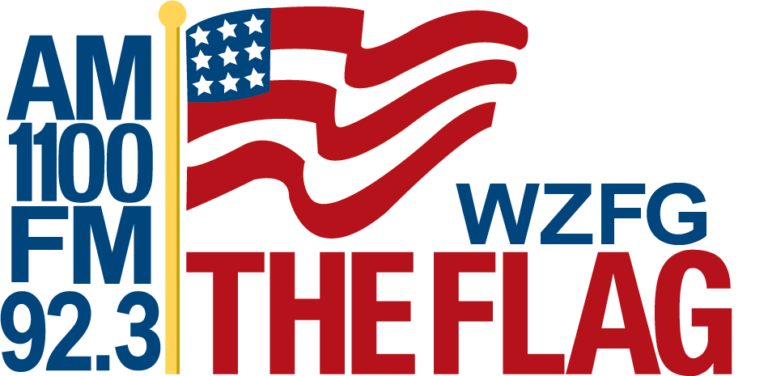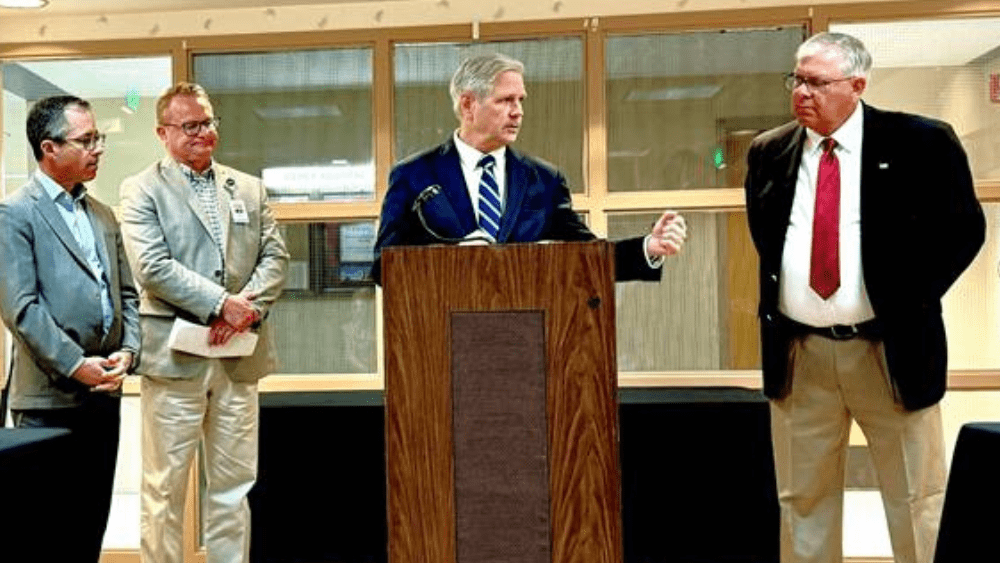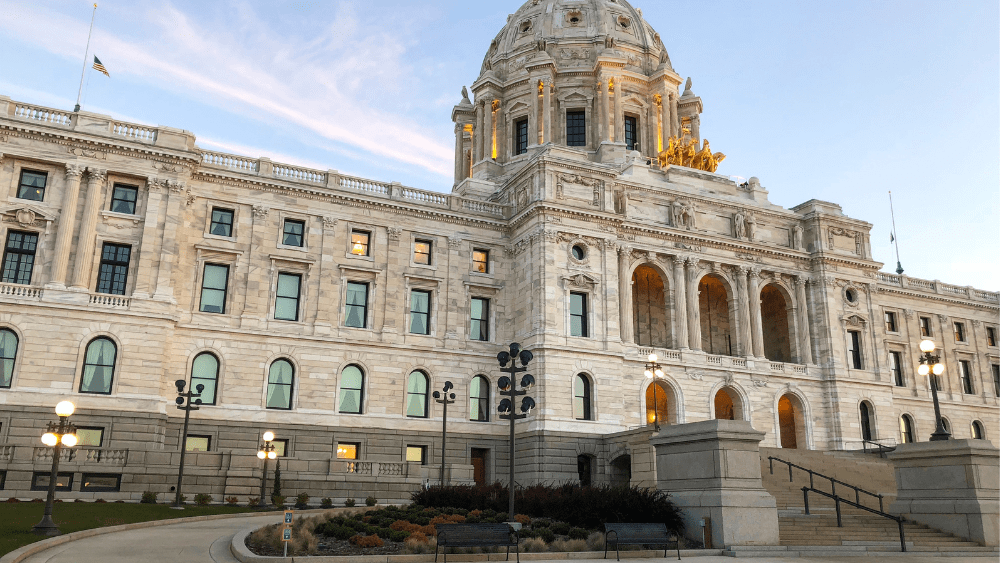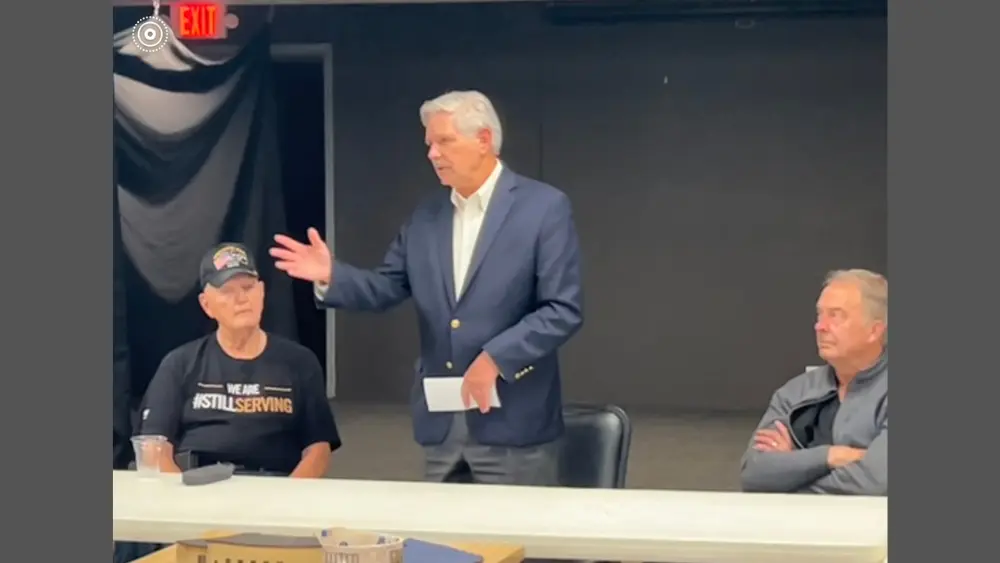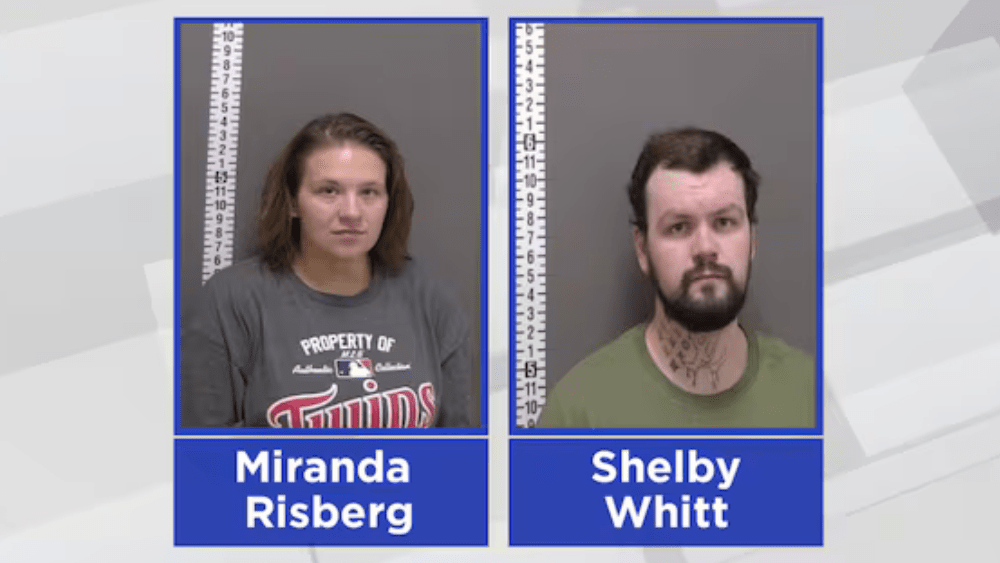(FARGO) – United States Senator John Hoeven said a Senate Agriculture Appropriations hearing will be held in the area next week.
“Next week we’re going to have an ag field hearing,” he said. “It’ll be a big deal to have a number of senators out here.”
The hearing will be Thursday at Grand Farm and will focus on the future of agriculture technology and research.
Among the United States Senators who will participate in the hearing are Arkansas Senator John Boozman, and Minnesota Senators Amy Klobuchar and Tina Smith.
USDA Deputy Secretary Xochitl Torres Small will also participate.
